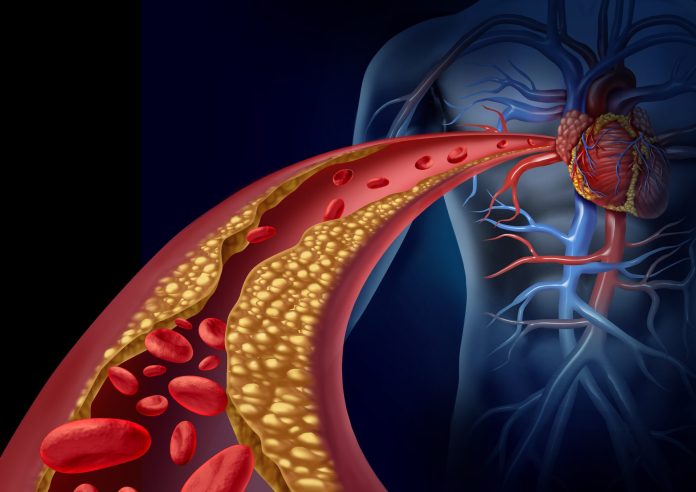Managing lower blood sugar level is crucial for individuals with prediabetes or diabetes. While lifestyle changes and medication are commonly recommended, natural dietary supplements are gaining popularity for their potential to effectively lower blood sugar level.
In this article, we explore some natural supplements that claim to assist in blood sugar management. It’s important to note that supplements should be used in conjunction with proper medical guidance, diet and exercise, though.
Always consult your physician before incorporating any new supplement in your routine.
Is it possible to get rid of diabetes?
Managing diabetes is a lifelong commitment, but with proper treatment, lifestyle changes and ongoing care, it’s possible to effectively control the condition and minimize its impact on daily life.
While there’s currently no known cure for diabetes, individuals can lead healthy and fulfilling lives by actively managing their blood sugar level and adopting a balanced approach to their overall health.
Expert-recommended supplements to lower blood sugar level
While research supports the potential benefits of supplements for blood sugar management, it’s important to remember that they should complement other treatment methods.
Here are five natural supplements recommended by experts:
1) Cinnamon
Derived from the inner bark of trees, cinnamon is believed to increase insulin sensitivity. A 2019 study showed that cinnamon significantly reduces fasting blood sugar levels and insulin resistance in people with type 2 diabetes and prediabetes.
However, individuals with allergies to cinnamon should be cautious, as it can cause skin irritation and other adverse effects.
2) Aloe vera
Though not commonly associated with blood sugar management, aloe vera has shown potential benefits. Research suggests that aloe vera may help reduce fasting blood sugar levels, particularly in individuals with a body mass index (BMI) below 30.
However, it’s crucial to choose high-quality aloe vera products and be aware of possible interactions with diabetes medications.
3) Vitamin D
Low levels of vitamin D have been linked to an increased risk of type 2 diabetes and insulin resistance.
Vitamin D supplementation has shown promise in reducing fasting blood sugar, HbA1c level and insulin resistance in individuals with type 2 diabetes and vitamin D deficiency.
Be mindful of potential interactions with medications, and avoid excessive supplementation.
4) Magnesium
Adequate magnesium levels are essential for vitamin D metabolism and blood sugar regulation.
Magnesium supplementation has demonstrated the potential to improve blood sugar level and insulin sensitivity in individuals with diabetes or at risk of diabetes. It’s advisable to take magnesium with food to minimize gastrointestinal discomfort.
5) Chromium
Chromium is a trace mineral that plays a role in insulin action and glucose metabolism.
Supplementing with chromium has shown mixed results in studies, with some indicating lower blood sugar level, insulin and HbA1c levels, while others show limited effects.
Long-term safety of chromium supplementation is still being studied, and potential interactions with medications should be considered.
By combining proper medical guidance, healthy diet, regular exercise and the aforementioned natural supplements, you can work towards achieving lower blood sugar level and maintaining overall well-being.










